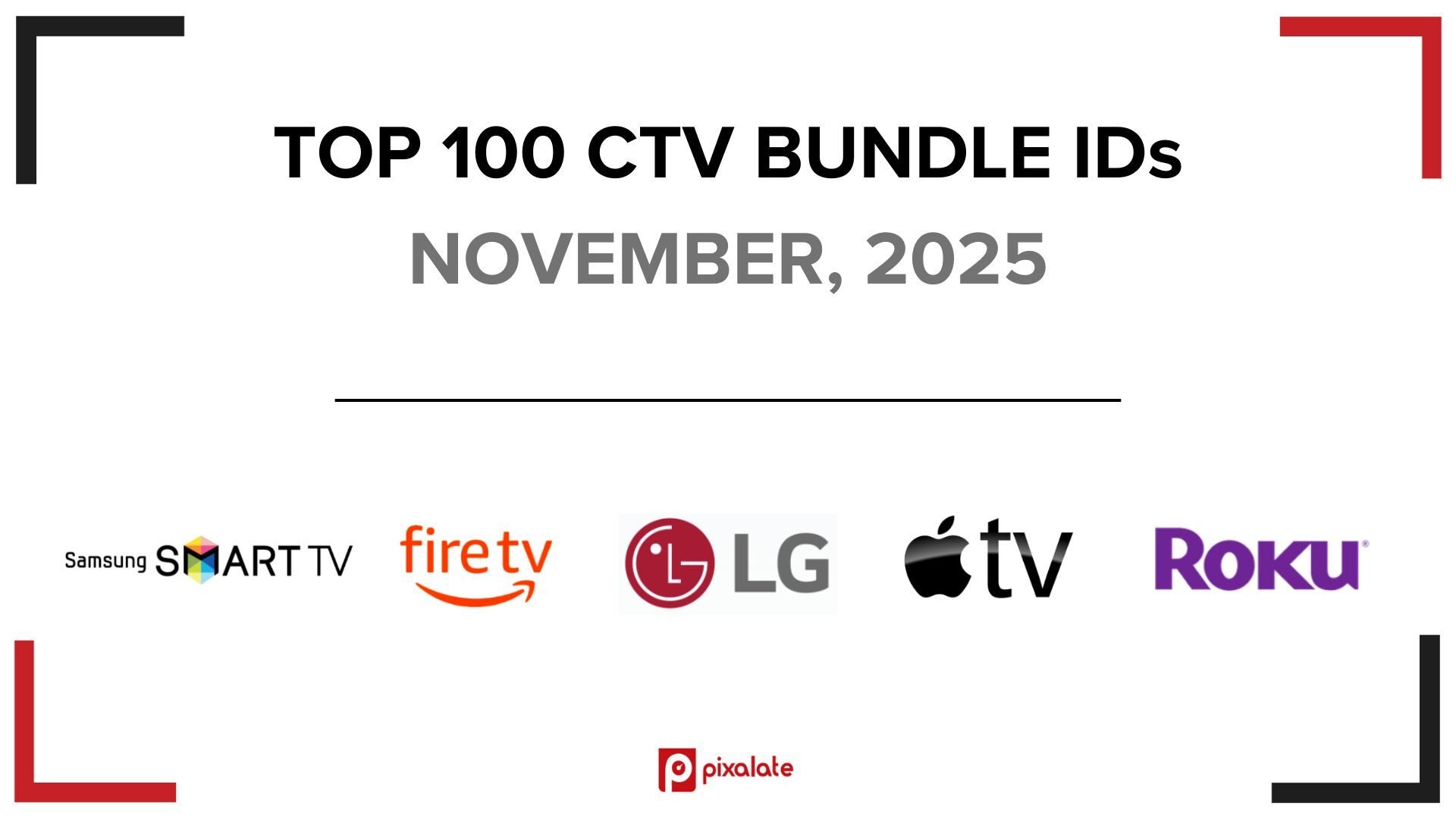Pixalate’s data science team analyzed 36+ billion global open programmatic advertising impressions across Connected TV (CTV) apps, mobile apps, and websites in Q1 2025 to compile this research
LONDON, April 24, 2025 --- Pixalate, a global market-leading ad fraud protection, privacy, and compliance analytics platform, today released its Q1 2025 Global Made for Advertising (MFA) Benchmarks Reports for CTV Apps, Mobile Apps, and Websites. These reports provide in-depth analysis of open programmatic advertising traffic and ad spend on properties identified by Pixalate as MFA across Connected TV (CTV) apps, mobile apps, and websites.
Key Findings:
- Websites: $701 million in estimated open programmatic ad spend went to websites identified as MFA in Q1 2025, according to Pixalate’s data
- 4% of websites with open programmatic ads were flagged as MFA
- CTV Apps: $13 million in estimated open programmatic ad spend went to CTV apps identified as MFA in Q1 2025, according to Pixalate’s data
- MFA traffic remained steady at 0.3% of global open programmatic ad spend on CTV apps
- Mobile Apps: $64 million in estimated open programmatic ad spend went to mobile apps identified as MFA, according to Pixalate’s data
- 89% of mobile app MFA ad spend went to apps with private or blank domains
To compile this research, Pixalate’s data science team analyzed 5+ billion global open programmatic advertising impressions across web domains, 29+ billion impressions across 250K+ mobile apps on Google Play and the Apple App Store, and 1.6+ billion global open programmatic ad transactions across 5.8K+ CTV apps in Q1 2025. The analysis focuses on key metrics, including ad spend, traffic share, app store analysis, domain analysis, and invalid traffic (IVT) rates.



About Pixalate
Pixalate is a global platform for privacy compliance, ad fraud prevention, and data intelligence in the digital ad supply chain. Founded in 2012, Pixalate’s platform is trusted by regulators, data researchers, advertisers, publishers, ad tech platforms, and financial analysts across the Connected TV (CTV), mobile app, and website ecosystems. Pixalate is MRC-accredited for the detection and filtration of Sophisticated Invalid Traffic (SIVT). www.pixalate.com
Disclaimer
The content of this press release, and the Q1 2025 Global Made For Advertising Reports (the "Report"), reflect Pixalate's opinions with respect to factors that Pixalate believes can be useful to the digital media industry. Any data shared in this press release and/or the Report is grounded in Pixalate's proprietary technology and analytics, which Pixalate is continuously evaluating and updating. Pixalate's opinions are just that, opinions, which means that they are neither facts nor guarantees. Pixalate is sharing this data not to impugn the standing or reputation of any entity, person, website, or app, but, instead, to report findings and trends pertaining to programmatic advertising activity in the time period studied.







%20Mobile%20Apps%20Benchmarks%20Report%20-%20Q3%202025%20-%20GLOBAL.png)

